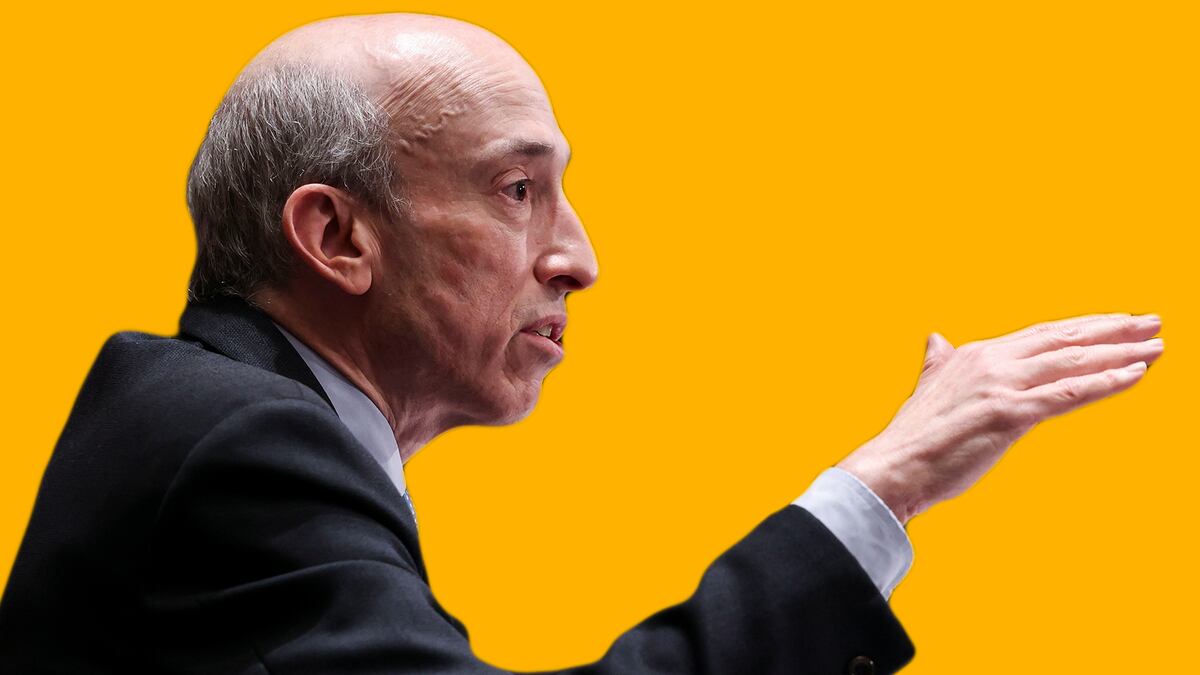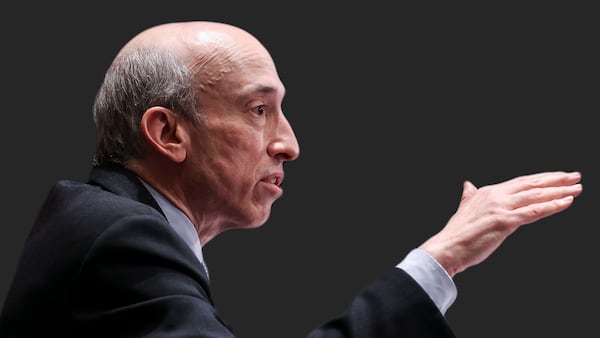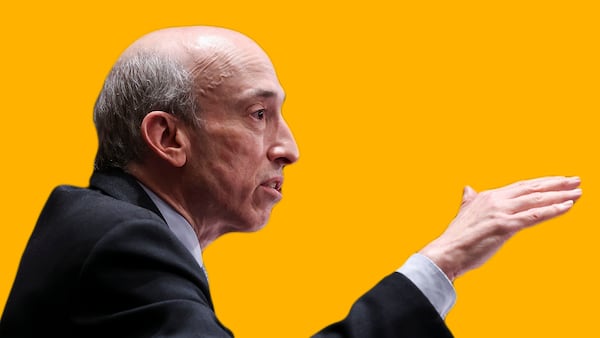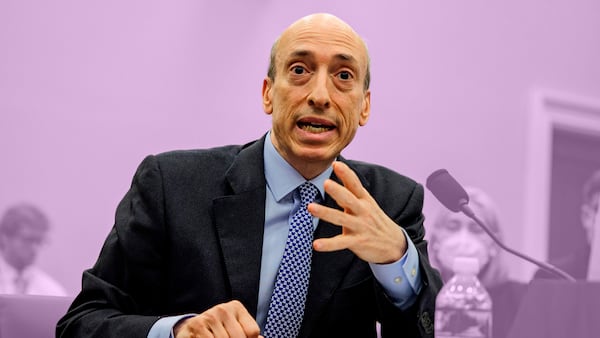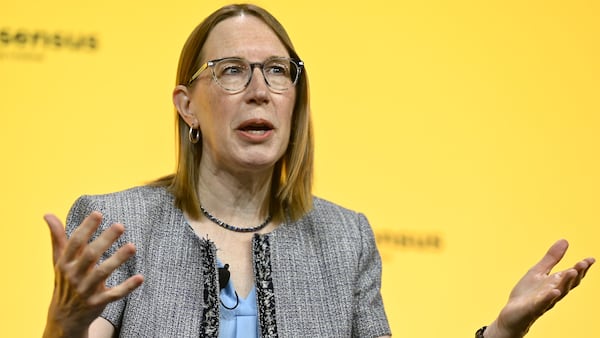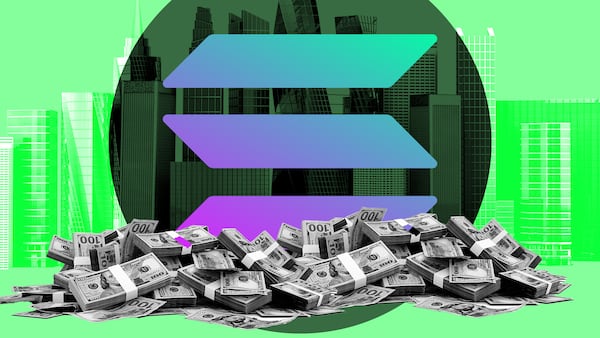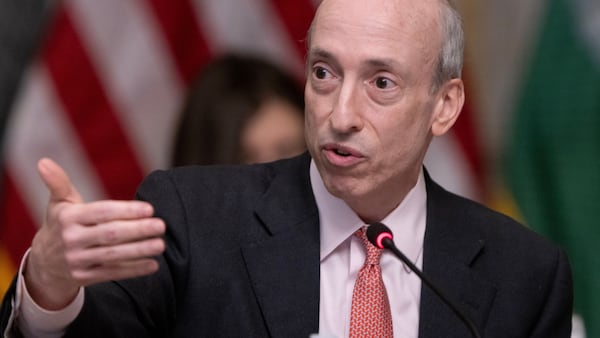- Gensler, the hard-charging former chair of the SEC, insisted crypto be regulated like stocks and bonds.
- He signed off on Bitcoin ETFs despite his belief that ordinary investors should be wary of crypto.
- Crypto is now a force to reckon with in Washington.
A version of this story appeared in our The Guidance newsletter on January 20. Sign up here.
Crypto is going to miss Gary Gensler. No, really. On Monday, Gensler departed as chair of the US Securities and Exchange Commission in tandem with the inauguration of Donald Trump.
It’s safe to say the crypto industry couldn’t be happier.
For 1,374 days, Gensler wielded litigation to try and force the cryptocurrency industry to hew to the same laws that have governed the securities markets since the Great Depression.
A procession of crypto leaders — Coinbase CEO Brian Armstrong, Kraken co-founder Jesse Powell, and the Blockchain Association, the industry’s lobbying group — decried the approach as an unwise assault on innovation and US competitiveness.
A crackdown ends
Now that Trump has pledged to replace Gensler with Paul Atkins, a pro-crypto onetime SEC commissioner, it appears Washington’s four-year crackdown on the industry is finished.
Indeed, Trump himself launched his own memecoin on Friday and within 48 hours its value had soared to more than $14 billion before tumbling 14%.
Even as crypto bros party at the inaugural festivities in Washington on Monday, it’s worth remembering that Gensler, funnily enough, set the stage for the mainstreaming of this 16-year-old asset class.
Exhibit A, of course, is the SEC’s approval of Bitcoin spot price exchange-traded funds last January.
Gensler surprised investors by signing off on the products, which have amassed more than $123 billion in assets.
But Bitcoin was never in his crosshairs. That is largely because unlike most altcoins, Bitcoin is not issued by a single entity but rather is tended by miners in accordance with Satoshi Nakamoto’s programming.
An industry galvanised
Moreover, a Washington court ruled the SEC erred by denying Grayscale’s application to convert its Bitcoin trust into an ETF.
Gensler acknowledged the ruling cut away the ground beneath his feet. Yet he remained defiant.
“The vast majority of crypto assets are investment contracts and thus subject to the federal securities laws,” he said last January.
Fighting Gensler’s argument — the thesis of his tenure — galvanised the crypto industry.
What had been a disorganised community with virtually no clout in Washington suddenly became a lobbying machine with a singular focus.
The crypto community clamoured for tailor-made laws that recognised blockchain-based assets’ exceptionalism.
Keen on exerting influence in the 2024 election, Coinbase, the Winklevoss twins, and Marc Andreessen, the co-founder of venture capital giant Andreessen Horowitz, helped form Fairshake, a super PAC that raised a staggering $227 million in campaign funds.
Fairshake funded a slate of candidates nationwide, including Republican Bernie Moreno, a crypto-loving car dealer in Ohio who defeated Democratic Senator Sherrod Brown.
A convenient foil
The cash also tempered opposition to crypto by Democrats, including the presidential nominee Kamala Harris, paving the way for more widespread acceptance in Capitol Hill.
Opposing Gensler wasn’t just a rallying cry — he also provided crypto with a convenient foil for its shortcomings.
From time immemorial, businesses have blamed the government and red tape and bureaucrats for stifling growth.
When the president of the United States himself — and the First Lady — are as laser-eyed as the most maxi of Bitcoin maxis then the industry will no longer have the state to kick around anymore.
So yes, crypto did win. It did get what it wanted.
Yet now there is no one to blame when things go wrong.
Edward Robinson is the story editor for DL News. Contact the author at ed@dlnews.com.
